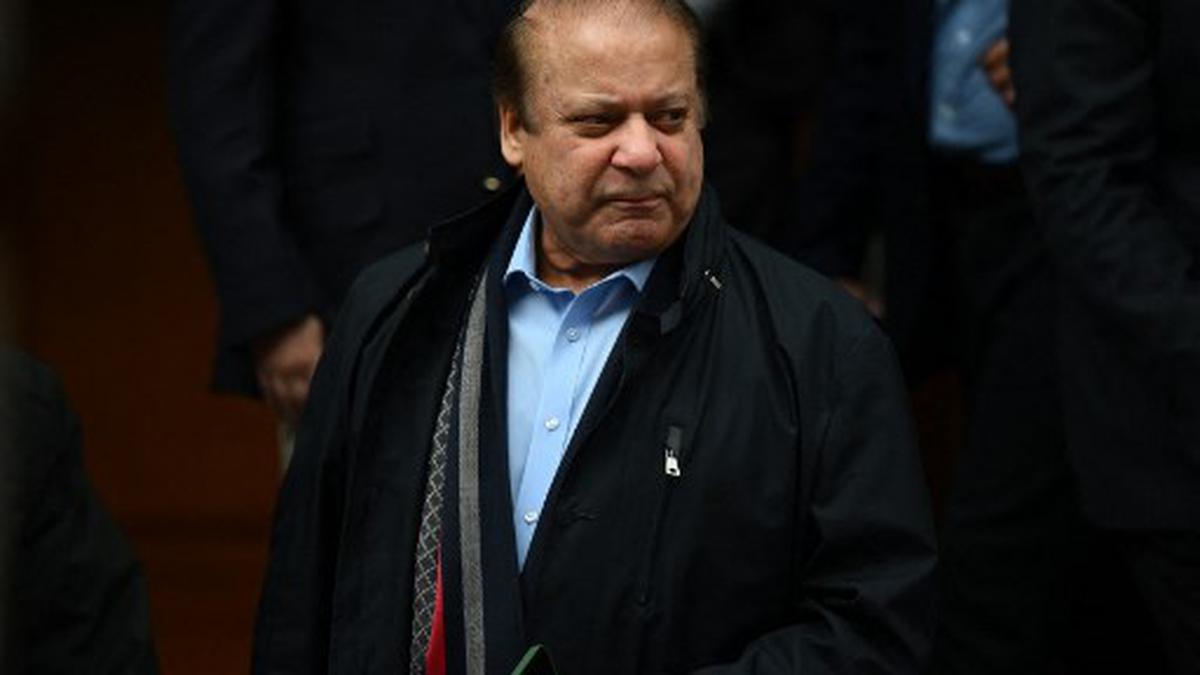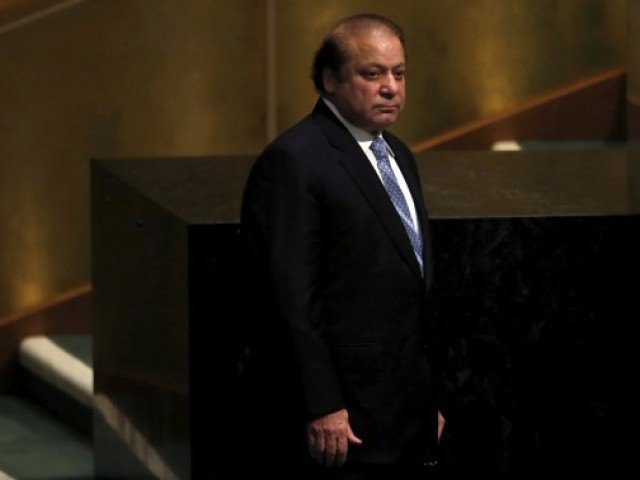
In a recent development, the Pakistan Senate has passed a Bill aiming to limit the disqualification period for parliamentarians. This move has sparked controversy, with the Opposition claiming it to be an attempt to ensure the participation of former Prime Minister Nawaz Sharif in the upcoming elections. The opposition parties argue that the Bill is designed to clear the way for Nawaz Sharif’s return to the country and his involvement in the political campaign. The Prime Minister’s brother, Shehbaz Sharif, has called upon Nawaz Sharif to return from London and lead the poll campaign of the Pakistan Muslim League-Nawaz (PML-N).
Table of Contents
- Introduction
- Background on Nawaz Sharif’s Disqualification
- The Passage of the Disqualification Limitation Bill
- Opposition’s Perspective
- Government’s Justification
- Implications for Democracy
- Impact on Political Landscape
- Public Reaction
- Legal Implications
- Electoral Repercussions
- International Observations
- Conclusion
- FAQs
Introduction
The Pakistan Senate’s recent approval of the Disqualification Limitation Bill has raised concerns and created a wave of political debate in the country. The Bill proposes a limitation on the disqualification period for parliamentarians, prompting accusations from the Opposition that it is a deliberate move to pave the way for Nawaz Sharif’s return to politics.
Background on Nawaz Sharif’s Disqualification
Nawaz Sharif, the former Prime Minister of Pakistan and leader of the PML-N, faced disqualification in 2017 by a five-member bench of the Supreme Court. In 2018, he received a lifetime ban on holding public office following a Supreme Court verdict.
The Passage of the Disqualification Limitation Bill
The Disqualification Limitation Bill was recently passed by the Pakistan Senate, aiming to restrict the period of disqualification for parliamentarians. The Bill has attracted significant attention due to its potential impact on Nawaz Sharif’s political career.
Opposition’s Perspective
The Opposition parties, including the Pakistan People’s Party (PPP) and other smaller factions, have strongly criticized the passage of the Disqualification Limitation Bill. They perceive it as a strategic move by the ruling party to ensure the return and participation of Nawaz Sharif in the upcoming elections. Opposition leaders argue that the Bill undermines the principles of accountability and fairness in the political system.

Government’s Justification
The government, led by Prime Minister Shehbaz Sharif, has defended the passage of the Disqualification Limitation Bill. They argue that the Bill is a step towards addressing the issue of excessive disqualification periods, which they believe can hinder political stability and discourage qualified individuals from participating in public office.
Implications for Democracy
The passage of the Disqualification Limitation Bill raises concerns about its potential impact on democratic principles in Pakistan. Critics argue that it may lead to a sense of impunity among politicians and weaken the checks and balances necessary for a healthy democracy. The Opposition fears that this move may set a precedent for future governments to manipulate the disqualification process for their political advantage.
Impact on Political Landscape
If the Disqualification Limitation Bill becomes law, it could significantly reshape the political landscape in Pakistan. It has the potential to revive Nawaz Sharif’s political career and potentially strengthen the position of the PML-N in the upcoming elections. However, it could also trigger a polarizing political environment and intensify the rivalry









